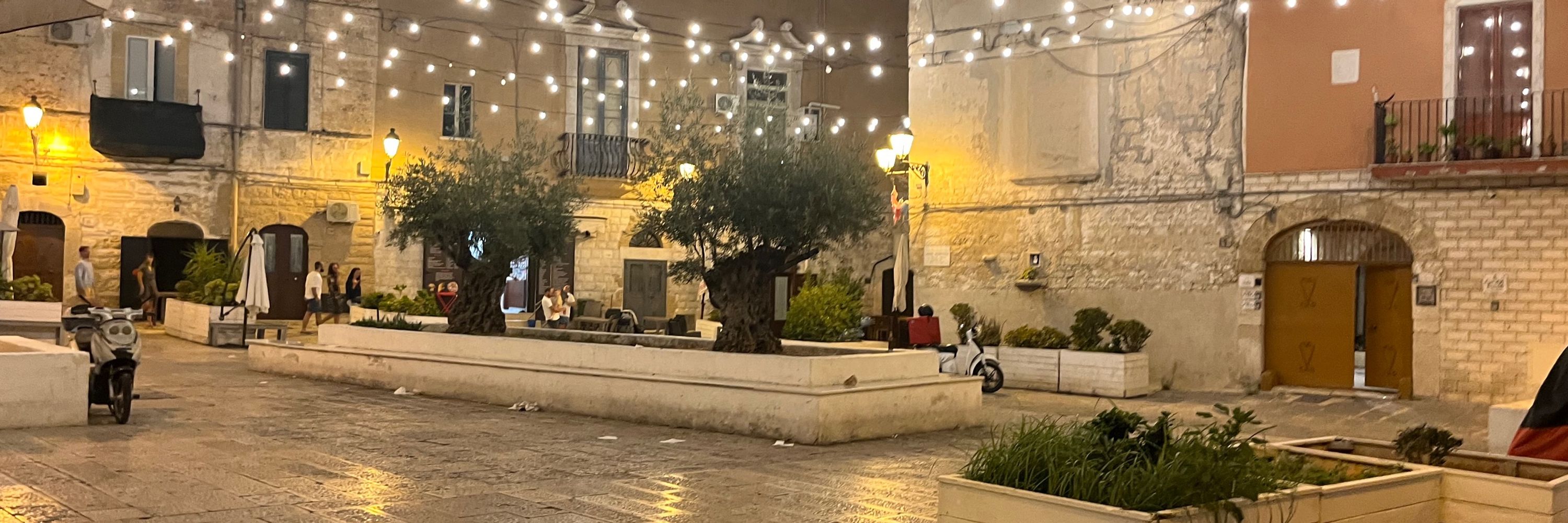
https://www.gemmadipoppa.com/
Who faced the brunt of surveillance? The working class. The newly educated poor were watched longer, more harshly, and more intensively, consistently with the state fearing their empowerment.

Who faced the brunt of surveillance? The working class. The newly educated poor were watched longer, more harshly, and more intensively, consistently with the state fearing their empowerment.
➡️ Result 1:
Municipality-cohorts exposed to more schooling were 64% more likely to be surveilled.
The effect increases as the state expands education and disappears when later reforms equalize schooling across municipalities.


➡️ Result 1:
Municipality-cohorts exposed to more schooling were 64% more likely to be surveilled.
The effect increases as the state expands education and disappears when later reforms equalize schooling across municipalities.
The Casati Law mandated primary schooling for 2 years everywhere but extended it for +2 years in towns >4,000 inhabitants and cohorts born post 1854.
We show the reform reduced illiteracy and use it in a difference-in-discontinuity design by population and cohort.

The Casati Law mandated primary schooling for 2 years everywhere but extended it for +2 years in towns >4,000 inhabitants and cohorts born post 1854.
We show the reform reduced illiteracy and use it in a difference-in-discontinuity design by population and cohort.



We study the reasons and consequences of violence in a new paper, summarized in this column cepr.org/voxeu/column...
With @mpulejo.bsky.social and Gianmarco Daniele

We study the reasons and consequences of violence in a new paper, summarized in this column cepr.org/voxeu/column...
With @mpulejo.bsky.social and Gianmarco Daniele

